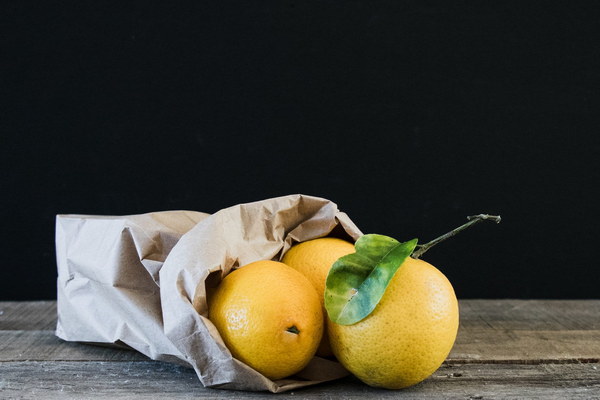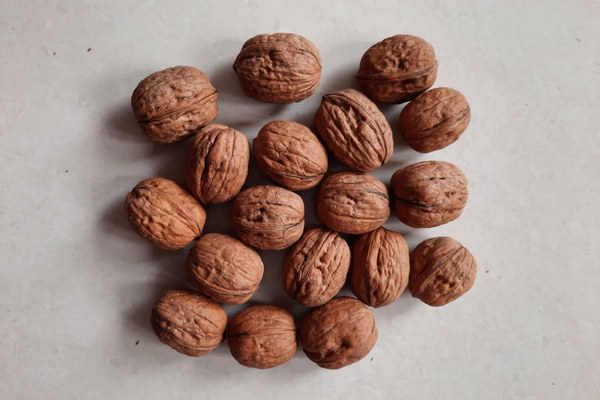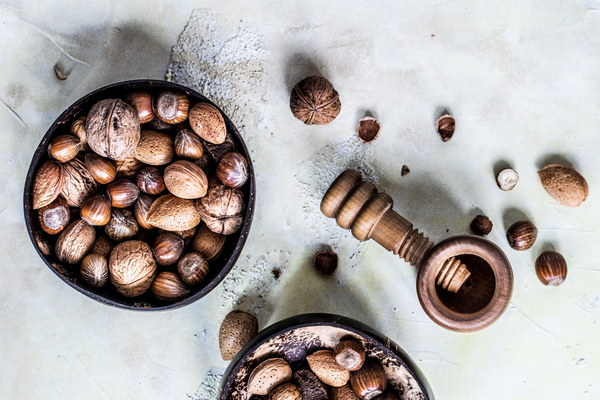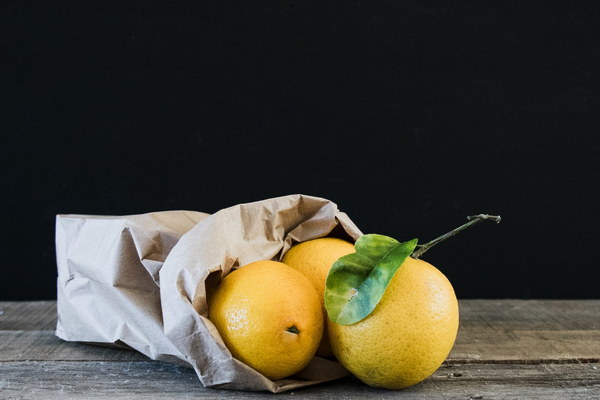Ancient Treasures Unveiling the HealthBoosting Tea Remedies from Ancient Texts
In the annals of history, tea has long been revered as a beverage not only for its delightful taste but also for its numerous health benefits. Throughout the ages, various cultures have compiled extensive knowledge about the properties of different tea leaves and their therapeutic effects on the human body. This article delves into the fascinating world of ancient texts, exploring the health-boosting teas that have been cherished for centuries.
1. The Art of Tea in Ancient Times
The origins of tea can be traced back to ancient China, where it was initially used for its medicinal properties. The first recorded mention of tea can be found in the He Shi Jing, an ancient Chinese text from the 27th century BCE. Over time, the use of tea spread to other parts of Asia and beyond, with each region developing its unique tea traditions and health-promoting concoctions.
2. The Healing Powers of Ancient Tea Remedies
The ancient texts are filled with recipes for tea remedies that promise to boost health and longevity. Here are some of the most intriguing examples:
a. The Divine Tea from the Qing Dynasty (1644-1912)
This tea, as described in the Yi Xue Xin Wu (New Treatise on Medicine), is believed to have been consumed by the emperors of the Qing Dynasty. Made from a blend of rare herbs and tea leaves, it was said to enhance vitality, boost the immune system, and prevent aging.

b. The Immortal Tea from the Bai Yi (The White Classic) (2nd century BCE)
This tea, according to the Bai Yi, was prepared with special ingredients like ginseng, dates, and goji berries. It was believed to promote longevity, improve mental clarity, and strengthen the body's defenses against diseases.
c. The Peaceful Tea from the Shen Nong's Herbal (28th century BCE)
This tea, as mentioned in the Shen Nong's Herbal, was made from a combination of chrysanthemum flowers, green tea leaves, and mint leaves. It was thought to calm the mind, reduce stress, and improve sleep quality.
3. The Science Behind Ancient Tea Remedies
Modern scientific research has validated many of the health claims associated with ancient tea remedies. For instance:
a. Antioxidants: Tea leaves are rich in antioxidants, which help protect the body against free radicals and reduce the risk of chronic diseases such as cancer and heart disease.
b. Caffeine: Tea contains caffeine, which can boost mental alertness, improve cognitive function, and increase energy levels.
c. Polyphenols: Tea leaves contain polyphenols, which have anti-inflammatory, anti-cancer, and anti-viral properties.
4. Embracing the Legacy of Ancient Tea Remedies
Today, we can still benefit from the wisdom of our ancestors by incorporating these ancient tea remedies into our daily lives. Here are a few tips on how to enjoy the health-boosting properties of these teas:
a. Brew the perfect cup: Use high-quality tea leaves and follow the traditional brewing methods to extract the maximum benefits.
b. Customize your blend: Experiment with different herbs and spices to create your personalized tea blend that suits your health needs and preferences.
c. Sip responsibly: Enjoy your tea in moderation, as excessive consumption may lead to adverse effects.
In conclusion, the ancient texts hold a treasure trove of knowledge about the health-boosting properties of tea. By exploring these time-honored remedies, we can uncover the secrets of longevity and well-being, passed down through generations. So, the next time you sip on a cup of tea, take a moment to appreciate the legacy of these ancient wisdoms and the benefits they offer.









